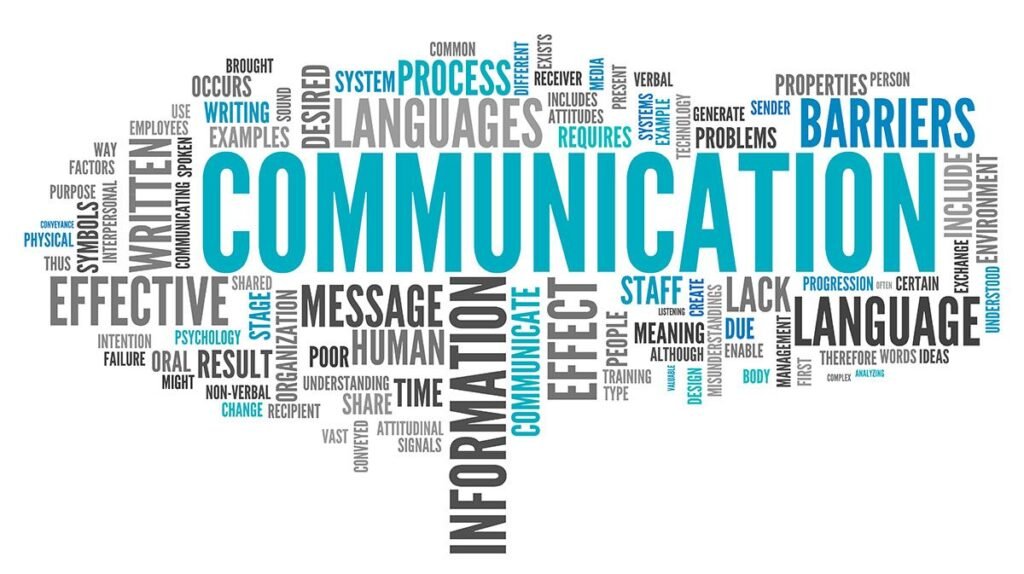Communication is the cornerstone of effective leadership. Whether you’re leading a team, managing a project, or working with stakeholders, the ability to communicate clearly, persuasively, and empathetically is essential. In this blog, we will explore the significance of communication skills in leadership, key components of effective communication, and practical tips for improving your communication prowess.
The Importance of Communication Skills in Leadership
Clarity of Vision:
Clear communication helps convey your vision, goals, and expectations to your team, ensuring everyone is on the same page.
Team Engagement:
Effective communication fosters engagement and collaboration among team members, leading to higher productivity and job satisfaction.
Conflict Resolution:
Good communication skills are vital for resolving conflicts and maintaining a harmonious work environment.
Decision-Making:
Leaders need to articulate their decisions and the rationale behind them, which requires excellent communication skills.
Motivation:
Inspiring and motivating your team often hinges on your ability to communicate in a way that resonates with your audience.
Components of Effective Communication
Active Listening:
Effective communication starts with active listening. Pay close attention to what others are saying, ask clarifying questions, and provide feedback to demonstrate your engagement.
Verbal Communication:
Speak clearly and concisely. Use appropriate tone, pace, and language for your audience. Avoid jargon that might confuse others.
Nonverbal Communication:
Your body language, gestures, and facial expressions convey as much, if not more, information than words. Be mindful of nonverbal cues.
Empathy:
Show empathy by understanding and acknowledging the feelings and perspectives of others. This fosters trust and rapport.
Feedback:
Constructive feedback is essential for growth. Deliver it tactfully, focusing on behaviors and their impact rather than personal characteristics.

Tips for Improving Your Communication Skills
Practice Public Speaking:
Join a public speaking club, such as Toastmasters, to improve your speaking skills and build confidence.
Seek Feedback:
Regularly ask for feedback on your communication from colleagues, mentors, or peers.
Read Widely:
Expanding your vocabulary and exposure to different communication styles through reading can enhance your verbal and written communication skills.
Role-Play Scenarios:
Practice difficult conversations or presentations with a trusted friend or colleague to refine your communication techniques.
Mind Your Body Language:
Become aware of your nonverbal cues and practice open, confident body language.
Conclusion
Effective communication skills are non-negotiable for successful leadership. They enable leaders to convey their vision, engage their teams, and navigate the complexities of interpersonal dynamics. By actively working on improving your communication skills, you’ll not only become a more effective leader but also enhance your relationships, both personally and professionally. Remember, the art of communication is a lifelong journey, and continuous refinement is the key to mastering it in leadership.





